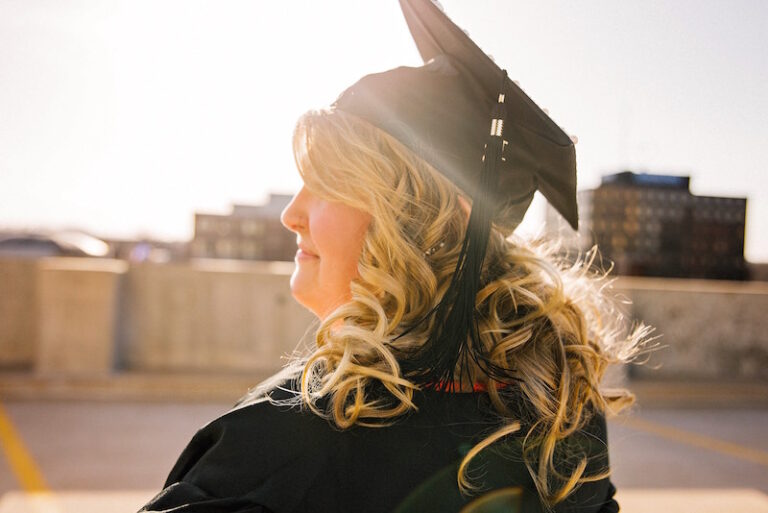
Most students must take out loans in order to pay for their higher education. However, many people don’t consider what will happen to their student loan debt if they die before it’s paid off.
Most federal student loans do not require a credit check or cosigner, leaving the borrower solely responsible for repayment. The exception to this is the Direct PLUS loan, which can only be obtained by the parents of a dependent undergraduate student, or by students attending professional or graduate school.
If an individual has unpaid federal student loans, the government will discharge whatever he or she owes upon receiving proof of that person’s death. PLUS loans will also be discharged due to the death of the student, or due to the death of a borrowing parent.
Unfortunately, federal loans have a yearly and lifetime limit, and a student may need to borrow additional funds. Many students, and their parents, seek private loans to make up for the difference federal loans cannot cover.
Private loans are available from a variety of sources, including banks, credit card companies, and lenders who deal exclusively in education funding, such as Sallie Mae. However, unlike federal loans, private loans may not come with an option for discharge if the student or cosigner passes away. If that is the case, most companies will seek payment from the person’s estate and, if that is unsuccessful, from any cosigner.
Borrowers and cosigners should always read the terms of student loans. If a loan does not come with the ability to be cancelled in the event of death, it may be a good idea for a borrower, or even a cosigner, to take out a large enough life insurance policy to cover any debt that may remain when they die. It’s a good idea to speak with an experienced attorney about the best way to account for student loans when creating an estate plan.